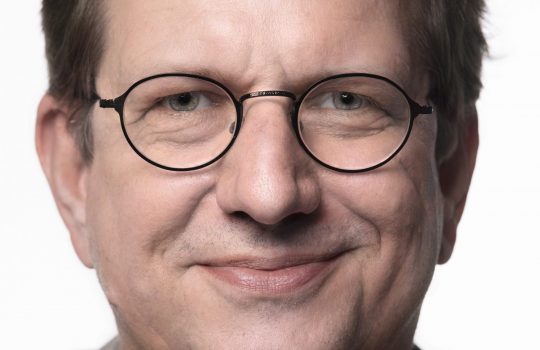The best dark matter map to date raises questions about the universe
From Yahoo, May 30, 2021: Scientists from the Dark Energy Survey collaboration have just released the best dark matter map yet, but it’s not answering every question — if anything, the cosmos may be more mysterious than ever.

